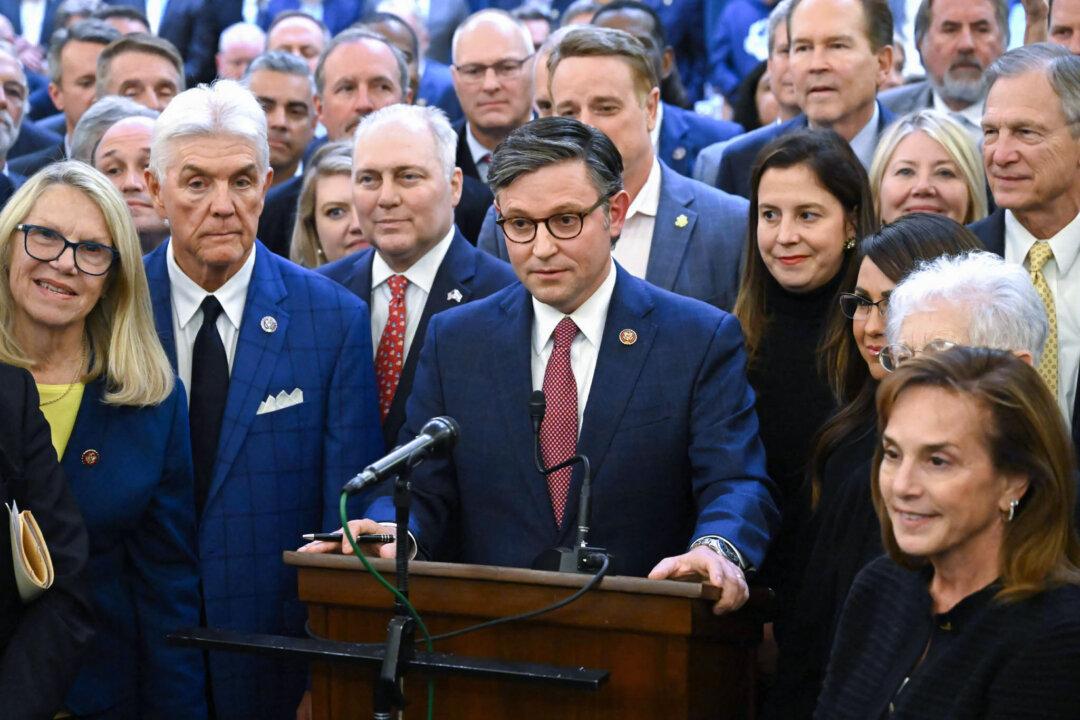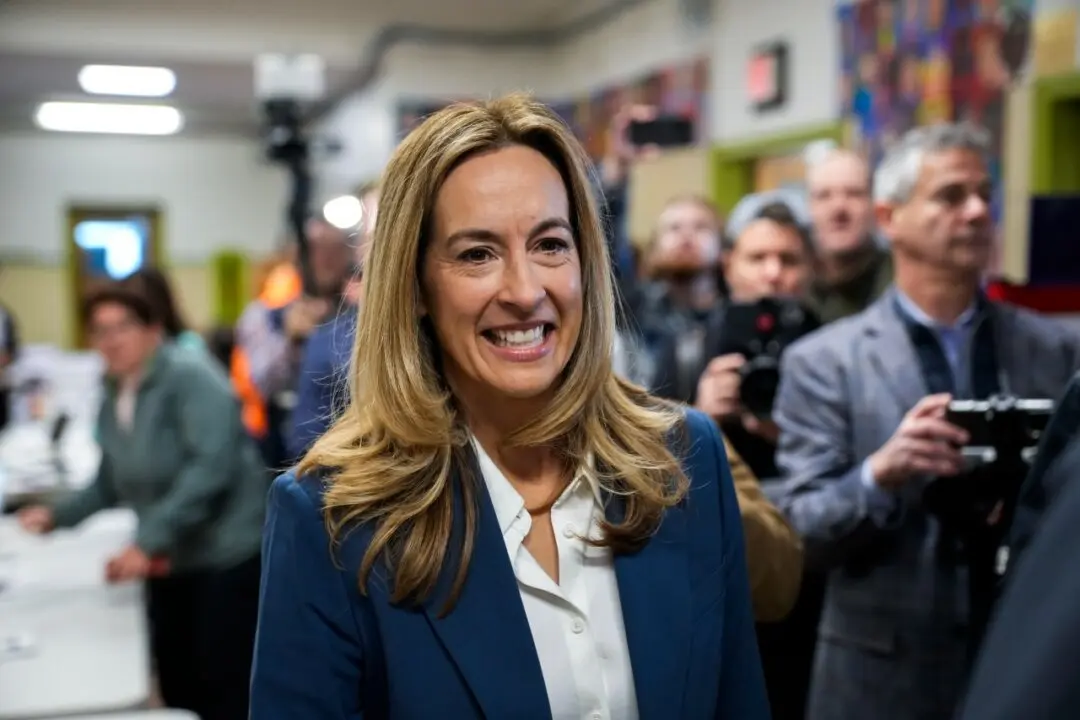WASHINGTON—Republicans will have 220 seats in the House of Representatives in the 119th Congress, completing their majority caucus, after the last election to the House with outstanding results was called on Dec. 4.
The House Republican Conference on Nov. 12 declared victory in its quest to retain the majority in 2024’s general elections, and the Associated Press called the majority-making 218th House seat for the GOP—in Arizona’s Sixth Congressional District, where Rep. Juan Ciscomani won re-election—on Nov. 13.





